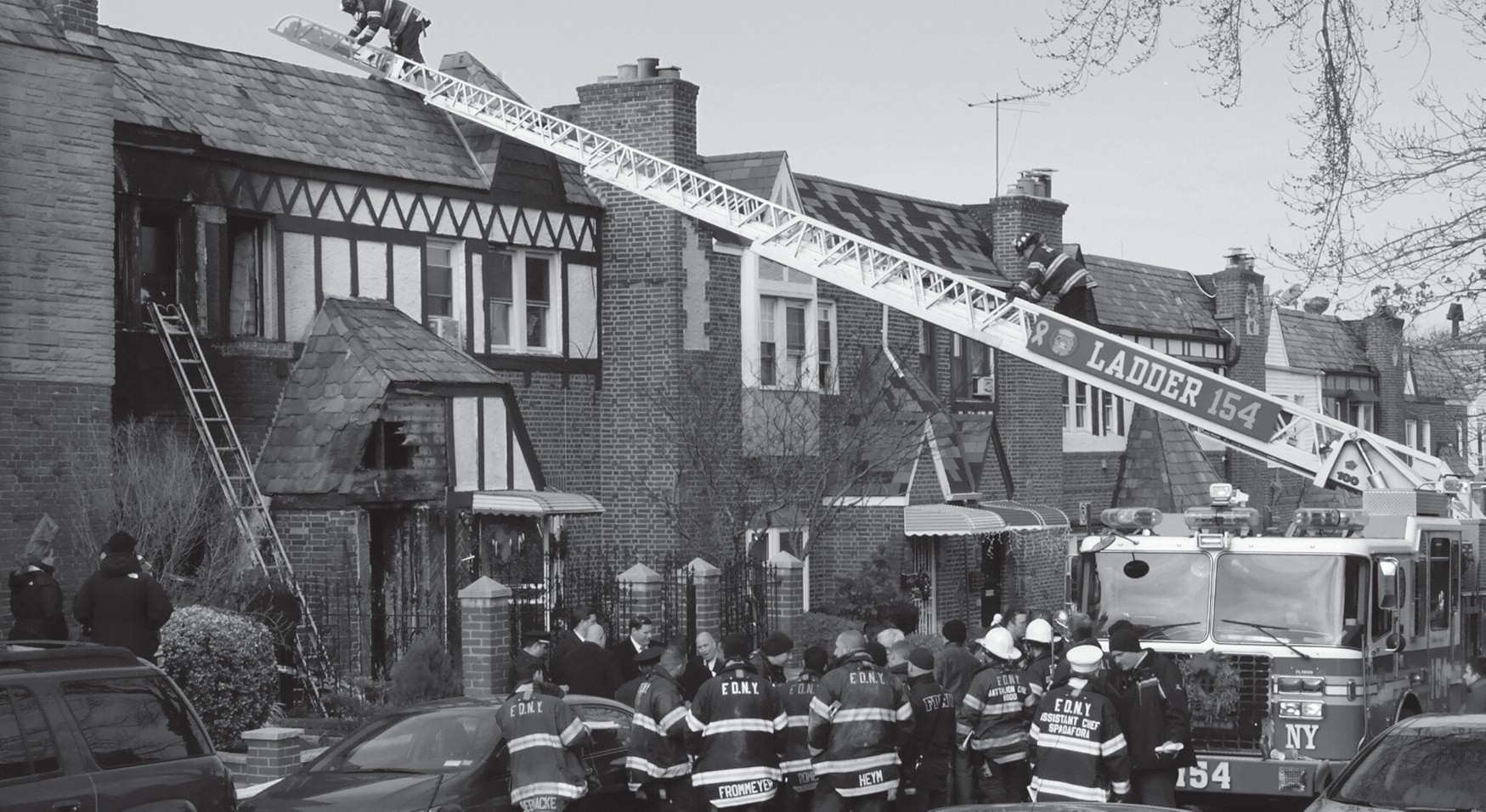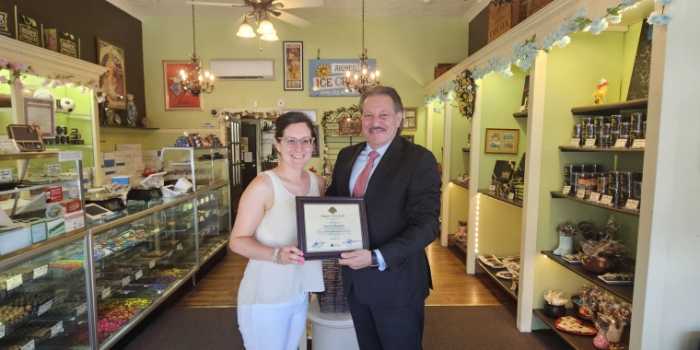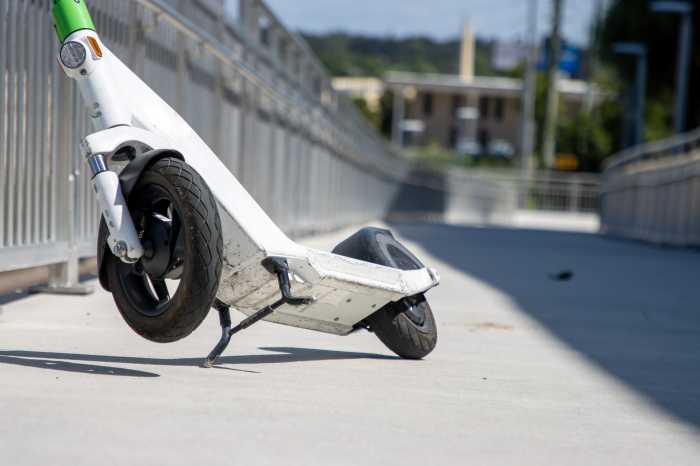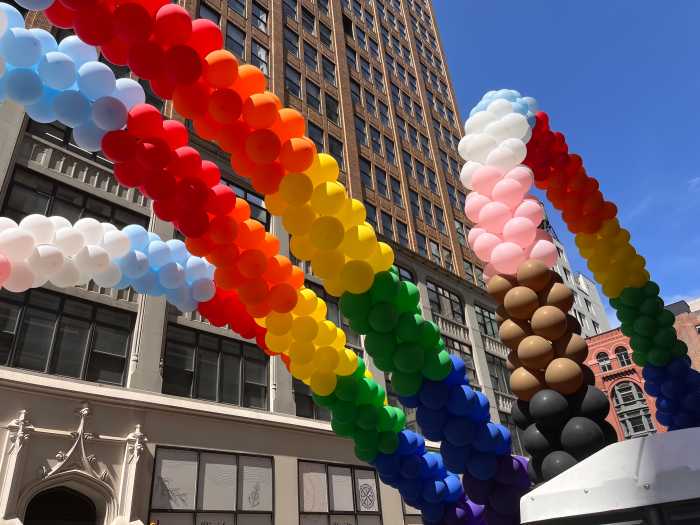DEP Gets Rolling On $40 Million Upgrade
The Department of Environmental Protection (DEP) announced last Wednesday, Dec. 17, that construction will begin in early 2015 on a $40 million upgrade to the South Ozone Park sewer system.

This upgrade includes a new $29 million interceptor sewer that will provide significantly more capacity within the area’s drainage system, as well as an $11 million hydraulic three-levee system at major points in the sewer system that will optimize the carrying capacity of the pipes.
Both upgrades are expected to reduce sewer overflow into the Bergen Basin and Thurston Basin according to DEP’s press release.
The DEP believes that together these two projects will send an additional 300 million gallons of combined sewer flow to the Jamaica Wastewater Treatment Plant each year. At the plant the wastewater will be treated to Federal Clean Water Act standards, rather than being released untreated into the tributaries of Jamaica Bay.
Currently, two 36-inch sewer lines carry wastewater from North Conduit Avenue, underneath the Belt Parkway to 150th Street and 126th Avenue, where it connects to a 72-inch sewer line that brings the water to the Jamaica Wastewater Treatment Plant.
According to the DEP, the sewer lines do not have enough capacity to carry the combined flow created north of the Belt Parkway which creates a bottleneck in the drainage system.
During times of heavy rainfall this bottleneck causes combined sewer overflows (CSO) to be released into the Bergen Basin. To relieve this bottleneck, the $29 million interceptor sewer, a parallel 48- inch sewer pipe under the Belt Parkway, should reduce CSOs into Bergen Basin by 135 million gallons a year according to the DEP.
In order to reduce disruption of traffic during construction the DEP will use a microtunnelling machine to install the new sewer line under the Belt Parkway. The delivery of materials as well as the staging for construction has already begun. This project is expected to be completed in early 2017.
To further decrease CSOs into the Bergen Basin, as well as the Thurston Basin, the DEP will place three hydraulic levees into the sewer system to increase the amount of water the pipes can hold during rain storms.
The $11 million system will use the levees to hold the flow of water in the pipes during intense storms. Once the storm has passed the water will be free to move on to be treated at the Jamaica Wastewater Treatment Plant.
These levees are expected to reduce the amount of CSOs into Bergen Basin by 65 million gallons a year, and into Thurston Basin by 102 million gallons each year, and is expected to be completed by the summer of 2016, according to the DEP.



































